Want to make your friendships awkward? Try getting cancer.
My diagnosis two years ago put a gulf between me and virtually everyone I knew. I’d spent my life and career figuring out how to relate with other people. Then, I got a disease in my twenties that typically only happens to women in their 50s and older.
Lots of my friends and family didn’t know how to respond. How would they? Supporting a friend through trauma is a skill, honed over years and years of practice.
Just a year before my diagnosis, I’d written about how easy—and often misguided—it is to say “let me know if you need anything” when a friend is going through a tough time. The words feel like a fix-all balm when you want to appear helpful, but have no idea what to do. And I heard that phrase a lot from well-meaning people.
A few friends went completely silent. They call that “ghosting” in the dating world, when someone abruptly ends all communication with no explanation.
When it happens in dating, it usually has something to do with the way that person deals with their emotions, or their fear of confrontation. But these were friends I had known for years, sometimes decades. Didn’t I deserve at least a “thinking of you” text?
It wasn’t like I had been the one to cut off communication. I sent a Google Doc around to let folks sign up to bring me to a chemotherapy session. I hosted friends for bonfires. I still sent memes in the group chat. Laughing through the awkwardness of hosting a social gathering while bald and sick helped me feel connected, not isolated.
Last week, a woman named Katie Coleman posted on the social media app X (formerly Twitter) about the loneliness she’s felt during her cancer experience.
“There are often people you thought would be there every step of the way—who you never or rarely hear from,” Coleman writes. “It can feel crushing and make you question if they ever really cared.”
I can relate with that. It’s hard not to take ghosting personally in a time when you could really use the support.
Two years later, it’s been interesting to see some friends come out of the woodwork, saying, “you look so great!” (never acknowledging their apparent rise from the dead).
I thought often about how to respond when these friends, inevitably, came back into my life. Should I ice them out? Yell at them? Ghost them back?
I haven’t done anything of the sort.
The way I look at it, I don’t need to forgive these people for dropping out of my life. But I also don’t need another reason to become angry or isolate myself from people around me.
I don’t believe cancer happened for a reason or that I needed to learn some sort of lesson from that experience. But I am wiser now, whether I like it or not.
I’m lucky I now know what to say when a friend goes through a tough time. I’m lucky I know some actions to take. I’ll be a better friend because of it.
Gretchen Brown is a cancer survivor and a producer for Minnesota Public Radio.


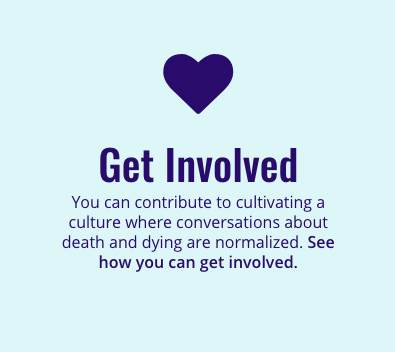
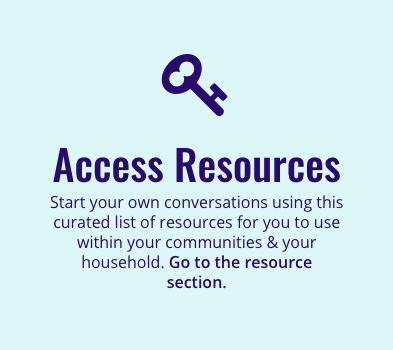
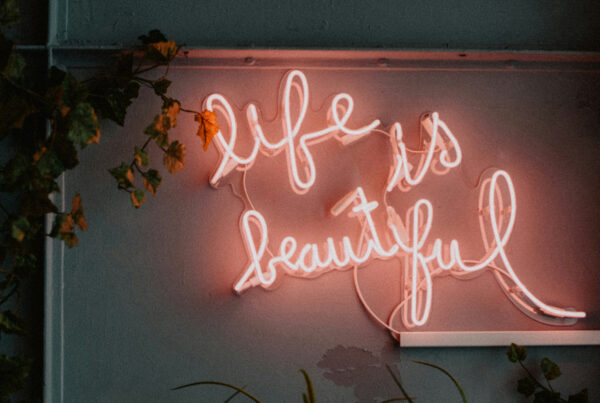
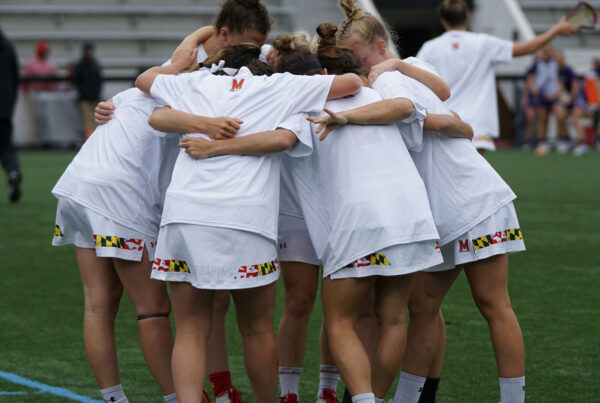
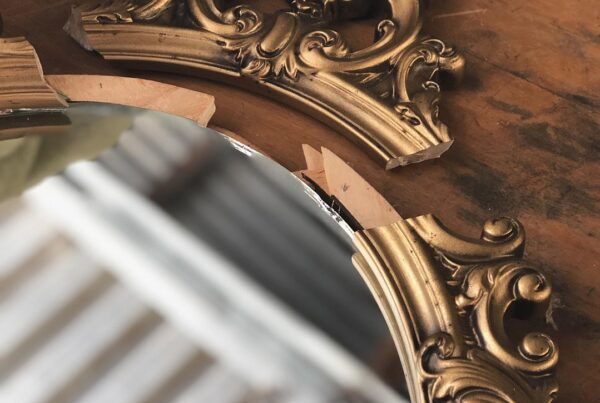
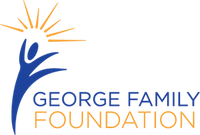


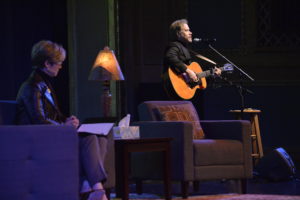
This has happened to me after my adult son died in March. Many of those that I thought would be there, just weren’t, and just as many others who I hadn’t known so well, surprised me by stepping up and being there for me. I have found that after time, it’s just easier to let go of expectations, and appreciate the new friendships and love. I’m still in the caterpillar/cocoon stages of loss, but believe that I have learned how to truly show up for others in times of sadness, fear, and loss. Your article hit the spot.